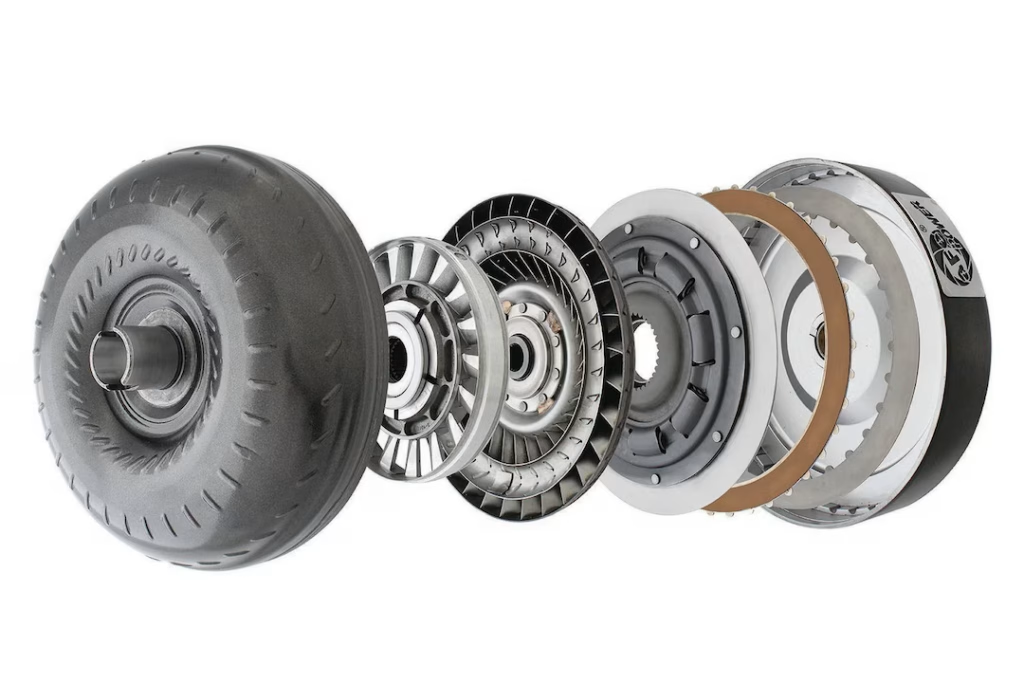Repair instructions
Bad Torque Converter: Symptoms, Diagnosis, and Repair FAQs
Overview
The torque converter plays a crucial role in your vehicle’s performance, preventing stalling at stops and boosting acceleration by multiplying engine torque. A malfunctioning torque converter can lead to various issues, so recognizing the symptoms early is essential to avoid transmission damage.
Key Symptoms of a Faulty Torque Converter
- Check Engine Light: If your torque converter has issues, the transmission control module (TCM) will likely trigger the check engine light and log a diagnostic trouble code (DTC).
- Shuddering: You might experience vibrations during torque converter clutch lockup, especially around 40 to 50 MPH in older models, but this can vary in newer vehicles.
- Stalling: A failing torque converter clutch may not disengage properly, causing the engine to stall, similar to stopping a manual vehicle with the clutch engaged.
- Overheating: A locked converter clutch can raise coolant and transmission fluid temperatures, risking damage to internal components.
- Unusual Noises: If you hear a whirring noise when the transmission is in gear, it could indicate worn needle bearings in the torque converter.
- Performance Issues: Poor acceleration or a lack of power at highway speeds may be due to a malfunctioning torque converter.
Diagnosing a Bad Torque Converter
To assess the torque converter’s condition, you can perform a stall speed test. This involves putting the vehicle in gear with the brake depressed, flooring the accelerator, and monitoring the maximum RPM. If the stall speed is outside specifications, it could indicate internal transmission problems or a defective torque converter.
Professionals often utilize a diagnostic scan tool to monitor torque converter clutch performance while driving. This provides insights into clutch engagement and slippage.

Frequently Asked Questions
Can a bad torque converter damage the transmission?
Yes, a faulty torque converter can cause overheating and debris circulation, leading to significant internal transmission damage.
Can a torque converter be repaired?
While some shops may offer rebuild services, it’s uncommon. Most cases require a complete replacement.
Can you replace a torque converter without removing the transmission?
No, the transmission must be removed to access the torque converter.
Will a bad torque converter trigger a code?
It can, but not always. Most codes relate to the torque converter clutch, while other issues might not set any codes.
Additional Notes
Familiarize yourself with common DTCs related to the torque converter, such as:
- P0740: Torque Converter Clutch Circuit/Open
- P0741: Torque Converter Clutch Circuit Performance/Stuck Off
- P0742: Torque Converter Clutch Circuit Stuck On
- P2756: Torque Converter Clutch Pressure Control Solenoid
If you suspect issues with your torque converter, it’s vital to consult a professional mechanic to prevent further damage to your transmission.
